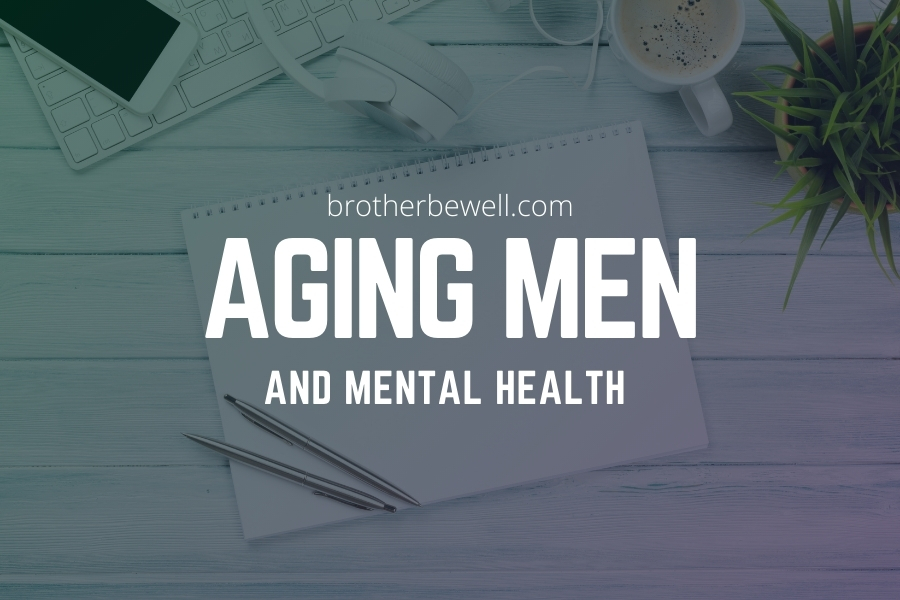Quality of life and overall health matters at every age, including the golden years. Are you a man aging into your 60’s, 70, and beyond? Do you have some concerns about aging?
If so, you’re not alone.
Many men have mixed feelings about aging. They’re concerned about various issues, such as:
- Health issues
- Losing their partner or spouse (if they have one)
- Facing their end years alone
- Financial security
- Losing their libido
- Losing perceived attractiveness
- Losing their independence
- Not being able to physically do what they enjoy doing (fishing, hiking, golf, etc.)
Due to such concerns, mental health agencies are incorporating more efforts to improve access to mental health assessments and services to meet the needs of older men.
Essentially, aging men should know that there is no shame in reaching out for help if they find themselves struggling emotionally or mentally. In fact, as stigmas about mental health in general decrease, more men are actively seeking mental health treatment.
According to the Center for Disease Control (CDC), about 20 percent of men and women over 55 struggle with mental health concerns, such as:
- Depression
- Anxiety
- Bipolar disorder
- Cognitive impairment
Let’s explore these a bit further.
Depression Among Aging Men
Depression is quite common among aging men. Symptoms include inner pain, intense sadness, grief, distress, and suffering. If you find yourself struggling with symptoms of depression, know that there are treatments available.
While it’s normal to have some mixed feelings about aging, suffering from clinical depression is not. Experts state that over 80 percent of cases are indeed treatable. This should give you incentive to reach out for help from a qualified therapist.
Anxiety Among Aging Men
Anxiety and depression tend to go hand in hand. In fact, about half of aging adults diagnosed with clinical depression also struggle with an anxiety disorder. As with depression, anxiety is often treatable with therapy and at times, medication.
The Most Isolated Men
Men over the age of 75 tend to be the most isolated. They typically live alone, especially if they’ve been widowed. Those that have experienced a great deal of loss (finances, spouse, purpose, friends, etc.) have more of a chance of developing a mental health illness like depression. Therefore, it’s essential that they become aware of what services are available to them, such as when they have a doctor visit.
Do You Need Help?
If you’re an older adult male struggling with a mental health issue like anxiety, depression, substance abuse, etc., know that there are agencies that can give you the emotional, mental, and social support to help. Many communities have agencies that have programs and services to treat your specific needs.
Feel free to reach out for help. Whatever you’re struggling with as an aging male, there is help available. You do not have to navigate your golden years suffering or alone.



